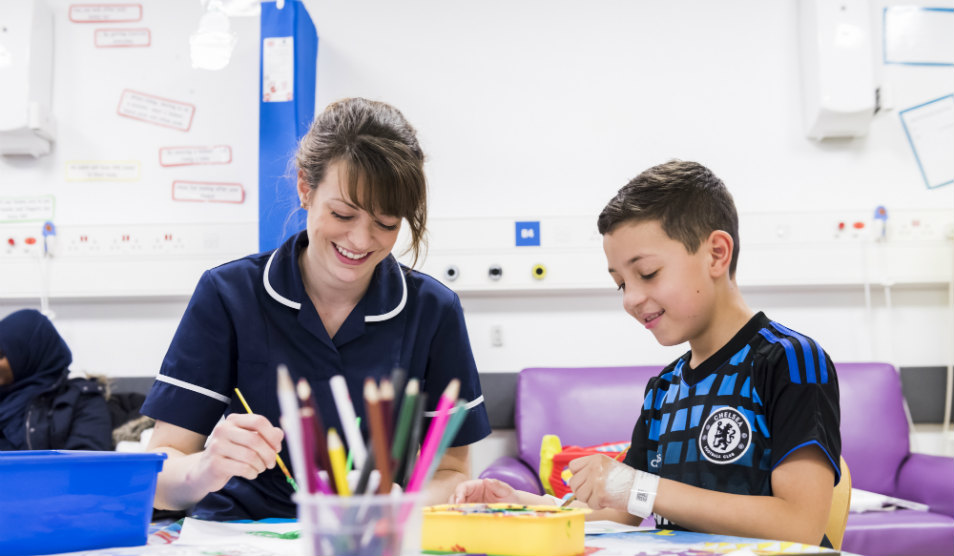Researcher provides insight on antibody testing at the Trust
Antibody tests developed by researchers at Imperial College London have been used to look at past exposure to COVID-19 infection in staff at Imperial College Healthcare.
The tests, which were developed by a team in the Department of Infectious Diseases at Imperial College London, have been conducted on staff at the Trust to assess whether they have previously been exposed to the virus, SARS-CoV-2, which causes COVID-19.
Professor Graham Taylor shared insights into the antibody testing programme at a recent Academic Health Science Centre (AHSC) seminar. Professor Taylor is part of the team in the Department of Infectious Diseases – led by Professors Myra McClure and Richard Tedder – that developed the tests.
At the recent AHSC seminar, Professor Taylor explained how the team developed the antibody tests and the different approaches they took to detect antibodies in the blood.
He explained that, in total, more than 20,000 members of staff and patients from two NHS trusts in London have been screened for antibodies by North West London Pathology, with 2000 samples sent to Imperial’s Molecular Diagnostic Unit for further testing. The results will help indicate how many staff had COVID-19 and recovered, including those who didn’t have symptoms.
Watch the video to hear Professor Taylor's presentation in full.
The antibody test looks for evidence in a blood sample that your immune system may have responded to the virus already. Different types of antibodies are produced by the immune system in response to ‘foreign’ invaders in the body, such as viruses, and these antibodies stay in the body after the infection has ended. Antibodies are quite specific to the type of virus and can provide immunity against catching the virus again. It is not currently known how long coronavirus antibodies stay in the body.
Research is currently being conducted to examine coronavirus antibodies in more detail. This will help us to understand whether having the infection once reduces our risk of contracting it again in the future.
For more information about antibody testing, read our testing explainer.



